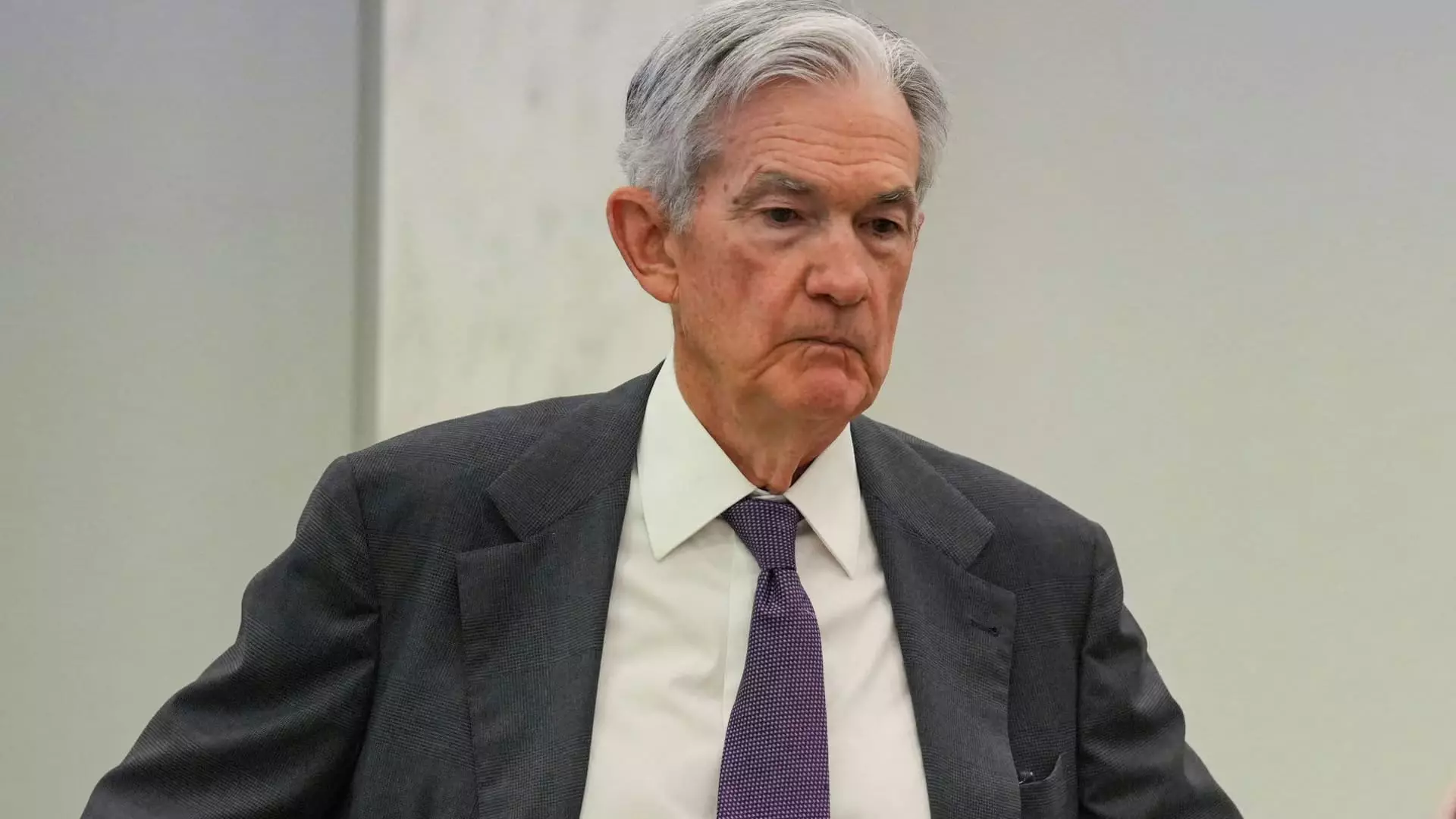The recent comments surrounding the Federal Reserve’s leadership reveal a growing disconnect between political pressures and the supposed independence of the central bank. While officials like Treasury Secretary Scott Bessent advocate for internal reviews and emphasize the importance of insulating monetary policy from politics, the reality remains that the Fed operates under a microscope increasingly influenced by the whims of the political establishment. This situation underscores the fragile myth that central banks are autonomous entities guided solely by economic expertise. Instead, they are susceptible to political influence, which can erode public trust and threaten the very stability they are meant to safeguard.
Bessent’s insistence that Chair Jerome Powell should not step down simply because of political criticism dismisses an uncomfortable truth: the independence of the Fed is not immutable. It is a carefully constructed illusion, one that policymakers and officials prefer to uphold to maintain credibility, but which is continually tested by overt politicization. The Trump administration’s calls for lower interest rates and its aggressive criticism of monetary policy are blatant signs that monetary sovereignty is, at best, conditional and at worst, superficial.
The Paradox of Oversight and Control
The push for internal reviews within the Fed, championed by Bessent, could be a double-edged sword. On one hand, it reflects a desire for greater accountability—necessary in a system where unchecked growth in non-monetary functions can become a breeding ground for wasteful spending or opaque decision-making. Yet, entrusting internal oversight risks reinforcing a narrative that the Fed’s independence is a facade, making it more prone to politicization rather than genuine autonomy.
From a liberal perspective, this internal review could be an opportunity to reframe the Fed’s role, emphasizing transparency and democratic accountability without compromising the core purpose of stable monetary policy. The challenge lies in ensuring that such scrutiny enhances confidence rather than fueling partisan agendas. The risk exists that politicized oversight could lead to a new form of central banking subject to shifting political winds, undermining decades of incremental progress toward an independent monetary authority.
Leadership Under Fire: The Personal and Political Dimensions
Jerome Powell’s tenure is emblematic of the broader struggle to maintain a professional, technocratic image in the face of burgeoning political interference. Despite the White House’s opposition and demands for rate cuts, Powell’s cautious approach signals a commitment to economic data and inflation signals rather than short-term political gains. This principled stance, however, does little to quell accusations from those who view the Fed as a pawn in political games or, worse, a barrier to Trump’s economic agenda.
The push for Powell’s resignation—whether overt or implied—exposes a fundamental misunderstanding of the Fed’s purpose. It is not a political tool designed to serve short-term interests but an institution meant to safeguard long-term economic stability. From a center-left perspective, this political pressure underscores the importance of reinforcing the Fed’s independence, recognizing its vital role in protecting vulnerable populations from the volatility of political cycles and market manipulations.
The Future of Monetary Policy: Balance or Bias?
Looking ahead, the debate about interest rate policy encapsulates the core tension at the heart of American central banking. While markets anticipate a pause in rate hikes, the persistent desire from political leaders for aggressive cuts highlights an impatience that risks destabilizing the economy. Powell and his colleagues are right to tread carefully, especially amidst external shocks like tariffs and trade tensions exacerbated by political decisions.
However, what is truly troubling is how partisan the conversation has become. Instead of a pragmatic approach centered on economic fundamentals, monetary policy has become a battleground for ideologies—an arena where populist demands threaten to distort long-standing institutional norms. In a more balanced liberal framework, the focus should be on strengthening mechanisms of accountability and transparency that preserve the Fed’s independence while ensuring it remains answerable to the public in meaningful ways. Only then can we hope to restore faith in an institution that has long been a pillar of economic stability—one increasingly at risk of losing its integrity to political calculations.

